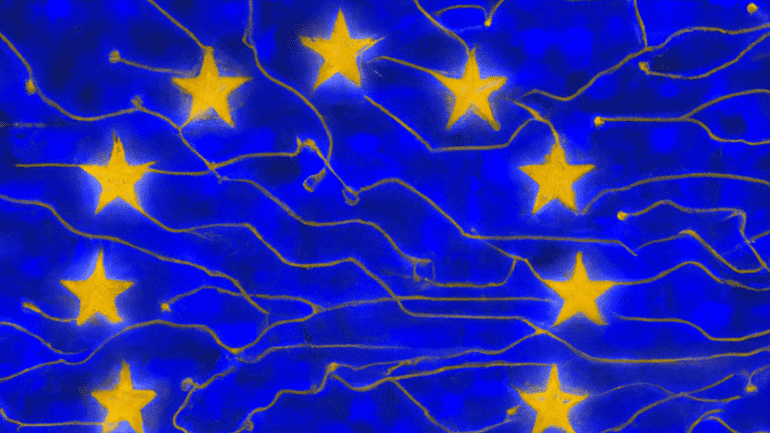TL;DR:
- GitHub, Hugging Face, Creative Commons, and other tech firms write an open letter to the EU.
- They urge for a balanced approach to open-source AI regulations.
- The EU’s Artificial Intelligence Act faces scrutiny from the tech industry.
- The letter proposes five key suggestions to make the Act work for open source models.
- Open source software plays a vital role in AI development and deployment.
- The EU Parliament passed the Act, and negotiations with member states are underway.
Main AI News:
In a united front, prominent tech firms, including GitHub, Hugging Face, and Creative Commons, have penned an influential open letter urging the European Union to recalibrate its forthcoming rules concerning open-source artificial intelligence models. The missive highlights the need to strike a balance between regulation and open source development, avoiding stifling the vast potential of AI innovations.
The EU’s Artificial Intelligence Act, passed by a resounding majority in the European Parliament, represents a landmark step towards regulating AI’s risks while promoting innovation. However, industry leaders argue that treating open-source projects like commercial ventures or deployed AI systems may inadvertently obstruct the organic growth of open-source AI development.
GitHub, in a compelling blog post, pointed out the incompatibility of this approach with established open-source development practices, arguing that it could negatively impact individual developers and non-profit research organizations. To ensure the AI Act works harmoniously with open-source models, the coalition proposed five pivotal suggestions.
Firstly, the act should lay down clear definitions for AI components, allowing developers to navigate the regulatory landscape with confidence. Secondly, collaborative efforts on open-source models must be exempt from stringent bill requirements, fostering an environment of cooperation and knowledge sharing.
Thirdly, the letter emphasized the importance of granting researchers exceptions, allowing them to conduct limited real-world testing. This provision not only facilitates innovation but also ensures that AI technologies can evolve to meet real-world demands effectively.
Lastly, the group called for proportional requirements for “foundation models,” recognizing that different projects have varying needs and complexities.
Open source software has long been the bedrock of technological advancement, providing developers the freedom to scrutinize, customize, and enhance the software’s source code. In the realm of artificial intelligence, this approach has proven indispensable for training and deploying cutting-edge models.
As the EU’s AI Act awaits finalization, negotiations with individual member states will iron out the finer details of this landmark legislation. The tech industry is optimistic about the regulation’s potential to foster transparency and collaboration among diverse stakeholders.
Conclusion:
The collaborative effort of tech giants to address the EU’s forthcoming open-source AI regulations reflects their dedication to fostering innovation while ensuring responsible development. The proposed suggestions seek to strike a balance between regulation and open-source practices, allowing the AI market to thrive while addressing potential risks. Market players should closely monitor the negotiations between tech firms and the EU Council, as the outcome will likely shape the landscape for open-source AI models and influence future global AI regulations.

